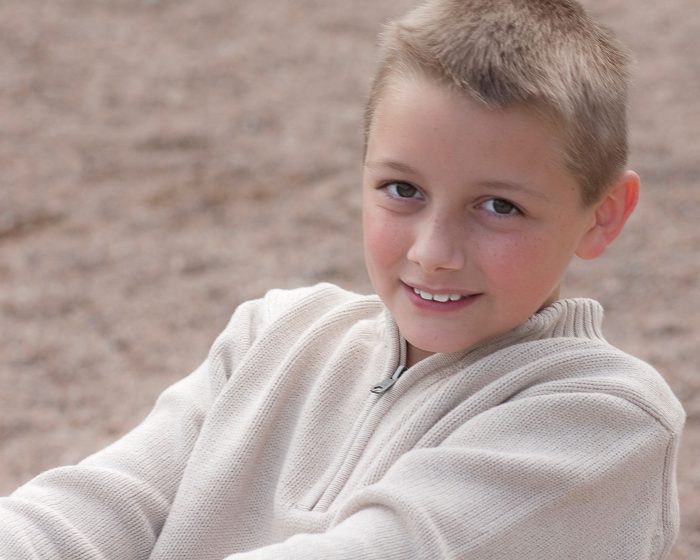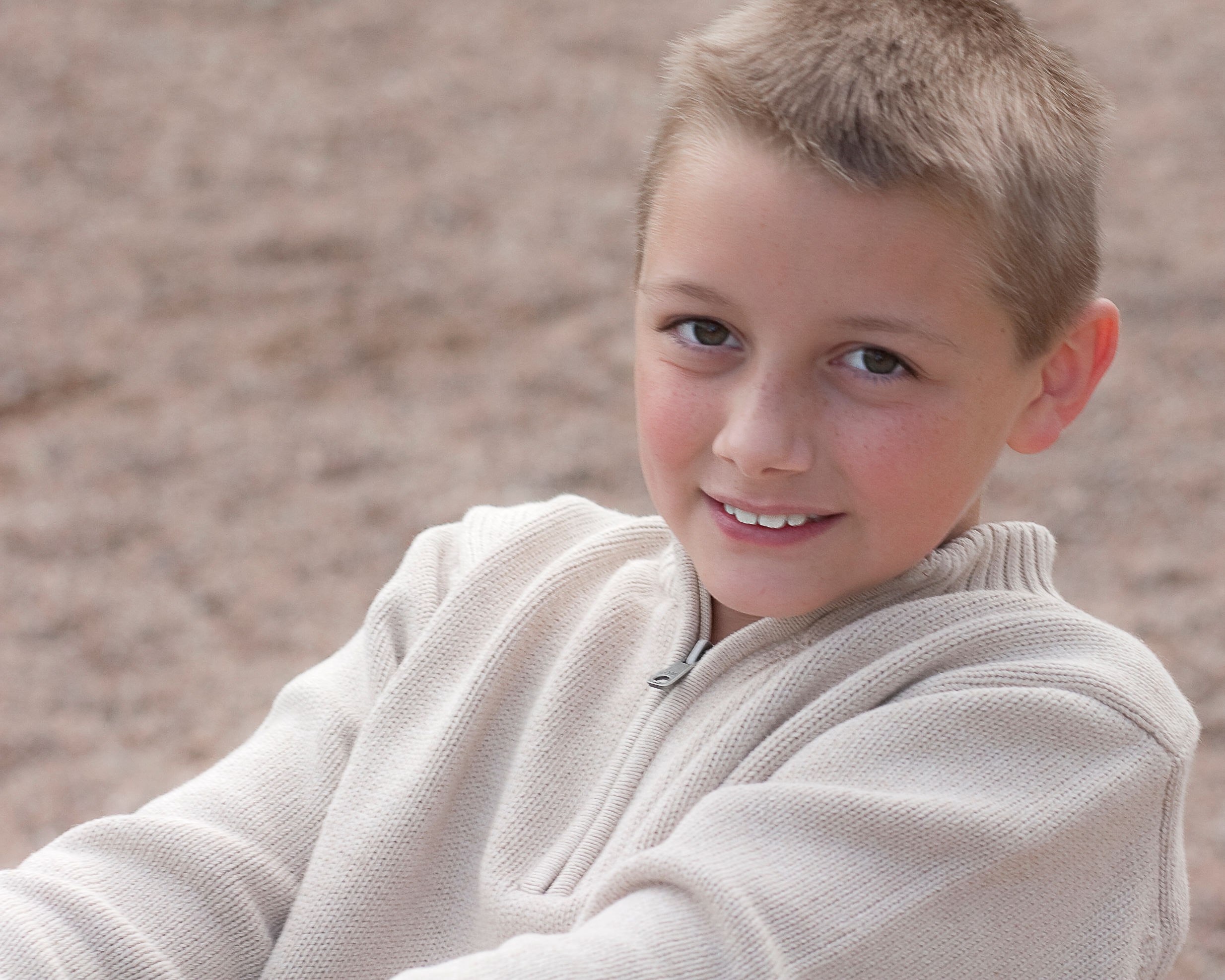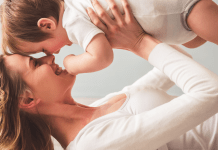It’s easy to understand the negative impact our changes in daily life because of COVID-19 have on our moods and attitudes. We want to be free of our masks and go out with friends for dinner and work out in a gym like we used to and sit in a coffee shop or a movie theater. We want to hug our friend, who we haven’t seen in a while. Supporting Kids’ Social-Emotional Well-Being During Covid.

As human beings, we crave connection. It’s what we miss most during the current health crisis, and our kids miss it, too.
RELATED READING :: Social Media Doesn’t Show How We Each Struggle With the Pandemic
In fact, the impact of the pandemic on our kids’ social emotional well-being is significant. The CDC reported in November 2020 that the proportion of pediatric mental health-related visits to emergency rooms increased by as much as 31% from April through October, as compared to the same period in 2019.
Local therapist, Dede Johnson, LCSW, of Liberty Hill, says that she’s seen an increase in symptoms of depression and anxiety in her practice, and patients with “more ‘acting in’ on themselves – where they turn on themselves, criticizing and shaming themselves.”
Behavior changes like acting out, increased anger, and risky behaviors are more obvious signs of stress, but it’s important to pay special attention to other, more subtle, signs your child may be struggling.
Especially right now, when tensions may be high for everyone in the family, children can be apprehensive about bringing what they feel is another problem for their parents to deal with.
Johnson says to watch for withdrawing behaviors and isolation, which can be signs of trouble.
This is a tricky one, though, for adolescents and older teens, who are at a different place, developmentally. Kids aged 12-17 are working to become more independent and there’s already a natural separation from parents happening.
Of course, this is another area of tension for this age group because – with parents working from home, and kids learning remotely – it isn’t easy for teens to have the independence they crave.
Parents of kids in this age group have their work cut out for them in finding that perfect balance of letting their child have independence, while also maintaining a pulse on whether they’re withdrawing and feeling isolated.
So how, then, do we best support our kids’ social-emotional well being during covid?
“There’s no right or wrong way to approach this,” Johnson says. “As parents, we’re not always going to get it right.”
She says, though, that because we’re wired for connection, no matter what our age, that is our best go-to in supporting not just our kids, but ourselves, as well.
We can model for them what it looks like to slow down, to be in the moment, and to connect ourselves, and we can even go beyond this and involve them in this practice.
What that might look like is this: we might say, “I’ve had a really hard day. I’m going to sit for a few minutes and do some deep breathing. Do you want to join me?”
“This way you’re modeling positive, healthy behaviors for them, and you’re also connecting with them in an intimate way,” Johnson says.
Other ideas for fostering connection:
- Give your kids what Johnson calls a “heart hug,” which is a longer, more connected hug
- Write notes to each other in a journal
- Set up a “mailbox” inside your home, where you can leave notes to each other
- Ask your kids more direct questions. Instead of, “How was your day?” ask “What was difficult about your day today?” or “What was your favorite part of today?”
- Decide on some new things you can try together. This can be as complex as learning to play the guitar together or set a day each week for trying a new food or dish that you and your child choose together
- Set up Zoom “play dates,” for your child to play video games with a few friends online, or play games on the Houseparty app
No, getting together with friends online is not the same as getting together in person. And it’s important that we acknowledge that it isn’t the same. We can acknowledge that things are really crummy right now – that maybe they’ve been dealt a crappy hand of cards by having to miss graduation ceremonies and proms and homecoming dances.
Virtual hangouts will never be the same as connecting in person. But it’s better than not connecting at all. It’s better than risking your health – and the health of others – to connect in person.
And it shows our kids how adaptable we are. It shows them that we can make the best of things.
And we can show them that sometimes we feel the emotional burden of the pandemic, too.
One of the best lessons we can give our kids is resilience. Showing them that we’re sad or stressed and that we’re taking care of ourselves during these emotions by taking a mental health day, or having a good cry, or taking a nap is normal and healthy.
And it’s real, honest role modeling for our kids.
If you have a young child, age 6-9, who may be worried about covid-19, download this free ebook called, What To Do When You’re Worried About Covid-19, a book written especially for young kids who may not understand the health crisis, and may have a hard time talking about their fears surrounding it.










